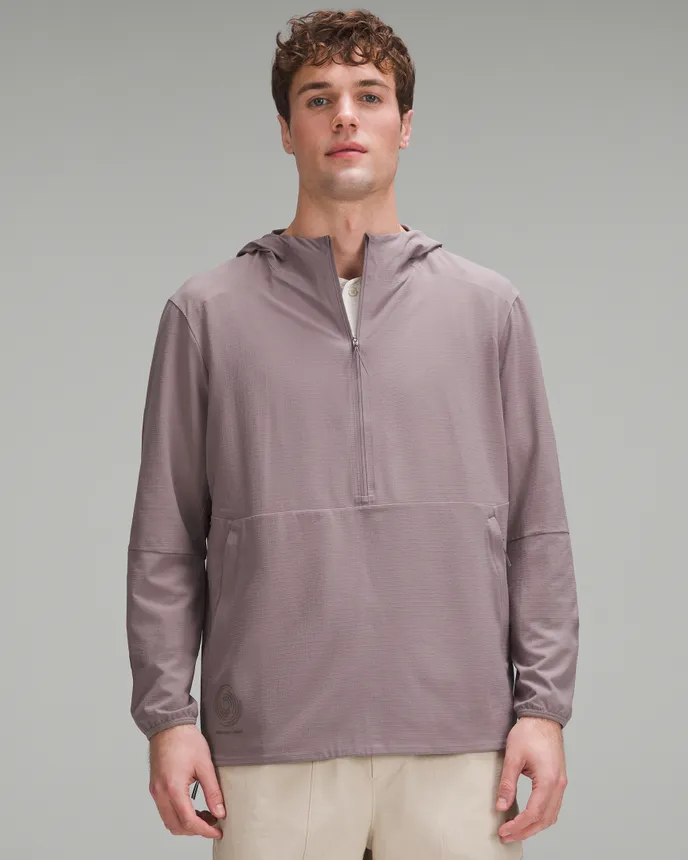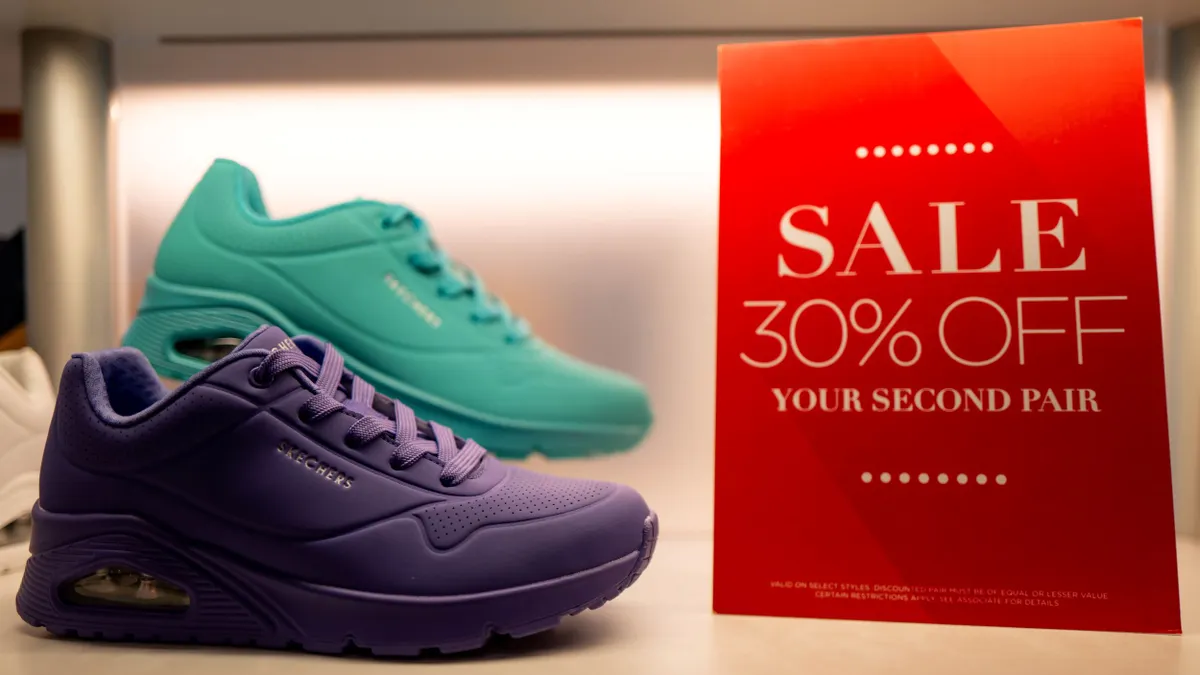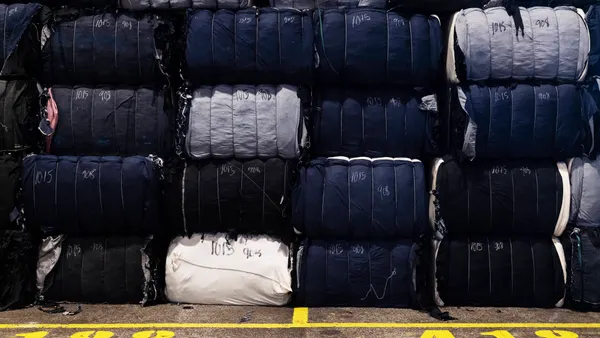Dive Brief:
- Lululemon released its first product made with enzymatically recycled polyester, a packable anorak, according to a press release.
- The product is made from mixed plastic waste, Lululemon apparel at the “end-of-life stage” and converted carbon emissions. It was made with tech from Lululemon partner Samsara Eco and recycled carbon company LanzaTech. It costs $188.
- Lululemon announced it had signed a multi-year partnership with Australia-based Samsara in May of last year to make recycled nylon and polyester, two of Lululemon’s main materials. At the time of the announcement, the activewear brand said the partnership would allow it to scale its circular efforts through textile-to-textile recycling.
Dive Insight:

The partnership and product launch mark another step toward Lululemon’s goal of creating a circular ecosystem by 2030. Lululemon announced another product using tech from Samsara in February, a long-sleeve top, its first made with enzymatically recycled nylon 6,6.
“Our vision is to scale these technologies to address textile waste across our entire supply chain,” Yogendra Dandapure, vice president of raw materials innovation at Lululemon, said in the release. “This capsule product is a first step along this journey, helping us test and learn as we continue to advance circularity, which signals exciting possibilities for all industries looking to shift to more circular models.”
By 2030, the activewear company wants to make all of its products “with preferred materials and end of use solutions,” per the release. Its product sustainability page notes that by 2025, it wants to source 75% of its polyester from recycled content.
Lululemon has experimented with alternative materials before. Last year, it released a line of plant-based nylon shirts in partnership with Geno, a company in which it is an investor. It previously made yoga mats and other products with Mylo, a material made from mushrooms by Bolt Threads. Bolt Threads paused production on Mylo in 2023.
Lululemon’s environmental efforts haven’t been without criticism, however. Also in February, advocacy organization Stand.earth accused the activewear company of greenwashing and asked the Competition Bureau of Canada to investigate Lululemon’s conduct. The complaint was specifically focused on its “Be Planet” marketing campaign which launched in 2020 and stated that its “products and actions avoid environmental harm and contribute to restoring a healthy planet.”
In its most recent Q4 earnings, Lululemon reported year-over-year sales growth of 15.6% to $3.2 billion.











